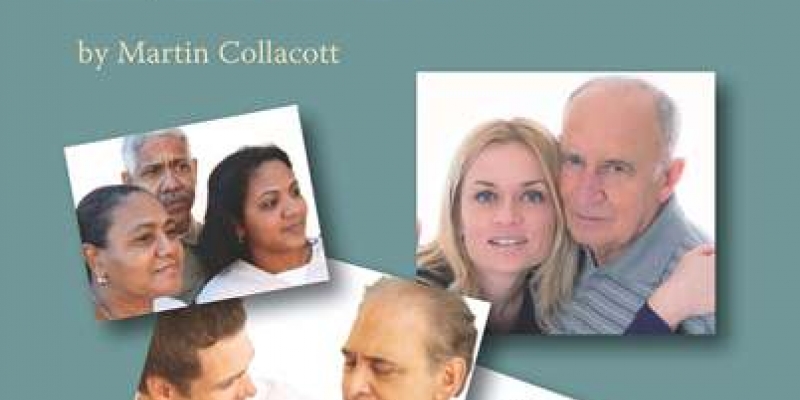Canadian Family Class Immigration

This study provides some historical background of issues that have surrounded Family Class immigration, assesses the current issues, and examines the new regulations put forth under Phase I and II of the federal government's Action Plan for Faster Family Reunification. The study concludes with an assessment of the proposed changes and recommendations for the future.
Family Class immigration has long been a major element of Canada's immigration policy. Within this program, a key aspect in recent decades has been the sponsorship of parents and grandparents. After being sponsored for entry by their sons or daughters in Canada, these parents can bring with them their unmarried dependent children. The latter can then marry spouses from their country of origin, who in turn become eligible to sponsor their own parents and their parents? offspring, resulting in "chain migration." None of these sponsored immigrants are required to meet the educational, work experience, and language competency standards required of Economic Class immigrants.
The parent and grandparent program became so popular and applications so numerous that by November 2011 a backlog had accumulated of 160,000 parents and grandparents who had met the requirements. In consequence, sponsors began complaining about the long delays that could be expected before many of their parents and grandparents received visas to immigrate to Canada. The program has come under close scrutiny both because of the large and growing backlog as well as concerns over the high cost of health care incurred by such immigrants.
This study provides some historical background of issues that have surrounded Family Class immigration, assesses the current issues, and examines the new regulations put forth under Phase I and II of the federal government?s Action Plan for Faster Family Reunification. The study concludes with an assessment of the proposed changes and recommendations for the future.


